Facebook Introduces the Oculus Go: a $199 Headset for the Masses
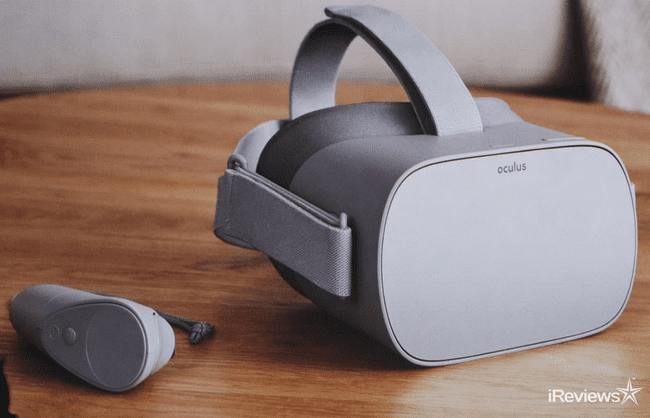
Virtual reality hasn’t reached mass markets yet. And price is a big entry barrier responsible for that. The HTC Vive costs $799 and the Cinera VR Headset is $449.Facebook’s Oculus recently announced a milestone in their VR development: a $199 standalone VR headset, called the Oculus Go.
Standalone sets don’t rely on a cable (Oculus Rift) or a mobile phone (Samsung Gear VR). Oculus emphasizes how standalone headsets give the user more freedom and accessibility to VR.
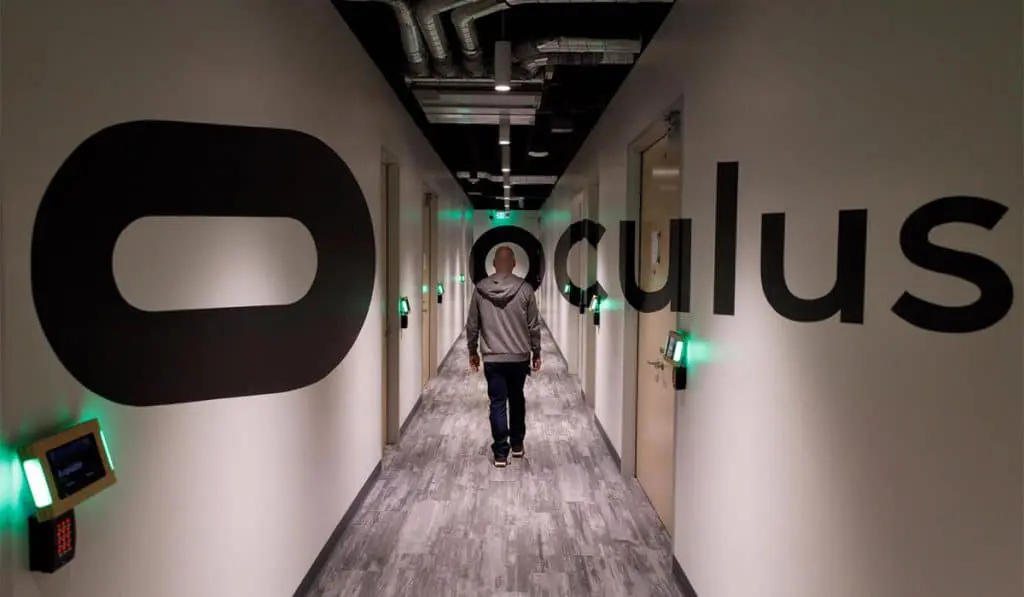
Facebook’s Big Bet
Facebook spent $2 billion to buy Oculus in 2014, which was a VR startup at the time. Mark Zuckerberg wrote of this acquisition, “Virtual reality was once the dream of science fiction. But the internet was also once a dream, and so were computers and smartphones. One day, we believe this kind of immersive, augmented reality will become a part of daily life for billions of people.”
Although it’s been three years since Facebook acquired Oculus, the world of VR is confined to developers and people who can afford $400+ VR setups. Facebook is tackling this dilemma by offering a VR headset for every price point and interest level. The Oculus Go is their latest foray into offering a more affordable product for the masses.
Nate Mitchell, an Oculus co-founder says, “The cheaper we make these devices, the more folks are going to jump in. If we could offer a device at $99, or exaggerate it all the way down to free, we think people would be jumping into VR in a heartbeat.”
Oculus is also working on the Oculus Santa Cruz, a standalone headset that’s still in prototype. The Santa Cruz is a little more expensive and involved than the Oculus Go, but it’s cheaper and less feature-packed than the Oculus Rift.

Oculus Go’s Features
Oculus posits the Oculus Go as “the easiest way to jump into VR.” Although we don’t know the exact weight of the headset, Oculus promises it is lightweight.


The LCD screen is high-definition; it comes with a 2560×1440 resolution. Oculus claims Go has “the best visual clarity” of any VR headset it’s made so far. The lenses offer a wide field of view with reduced glare. The headset comes with integrated spatial audio, which plays from the speakers built into the headset. It also comes with a headphone jack for your privacy.
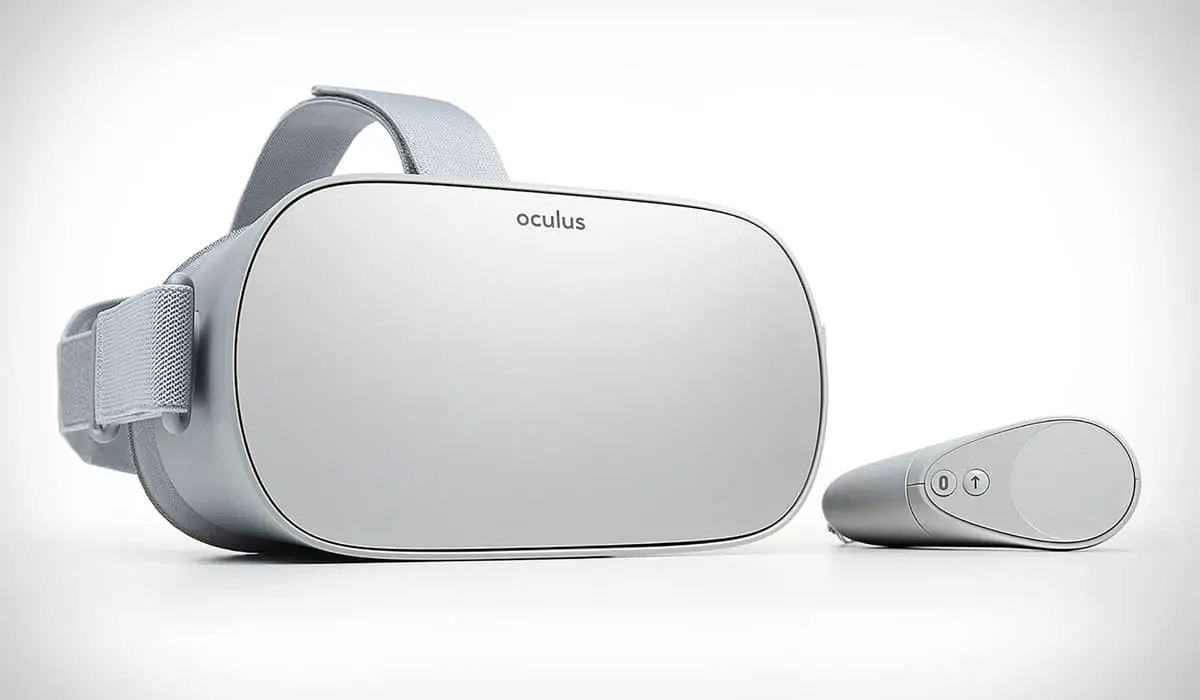
The headset won’t offer positional tracking, however. It does offer three degrees of freedom. This means you can rotate and tilt your head, but you can’t physically move throughout the VR world. The latter feature is launching with the Oculus Santa Cruz. The controller is similar: you can point at the VR world, but you can’t reach into it. Technology-wise, the company used the same constellation tracking technology developed for Rift.
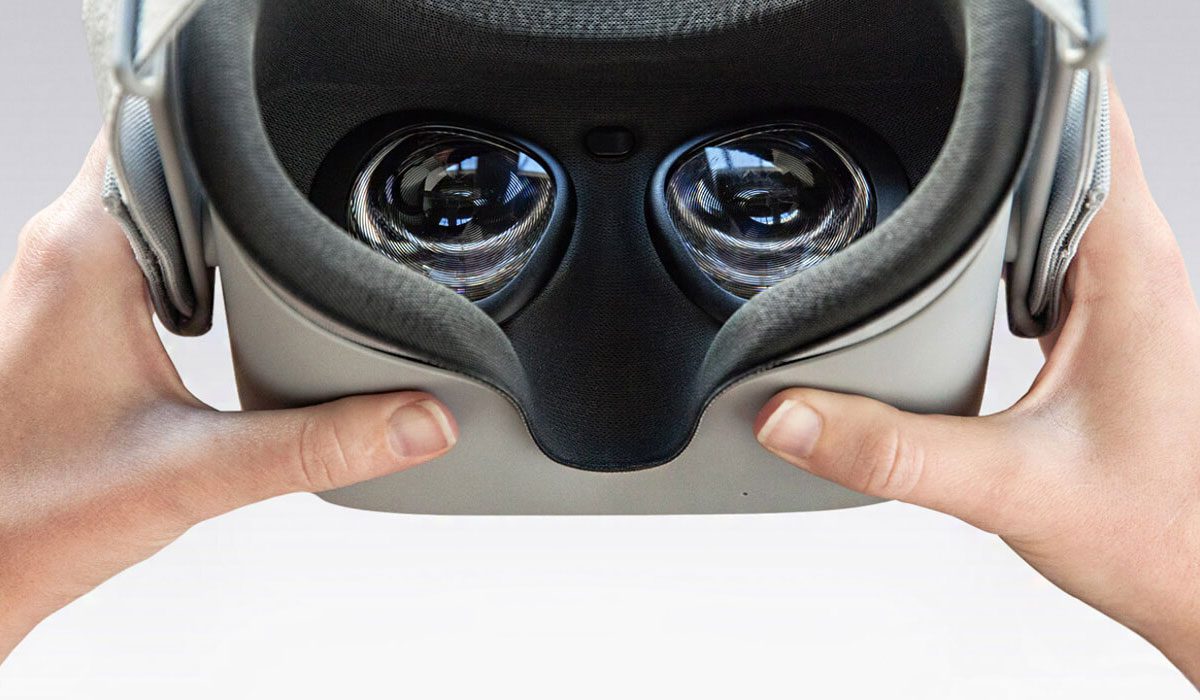
Another cool feature of the headset is its “Binary Compatibility” with the Samsung Gear VR. Developers making apps for the Gear VR can release it on the Oculus Go too.
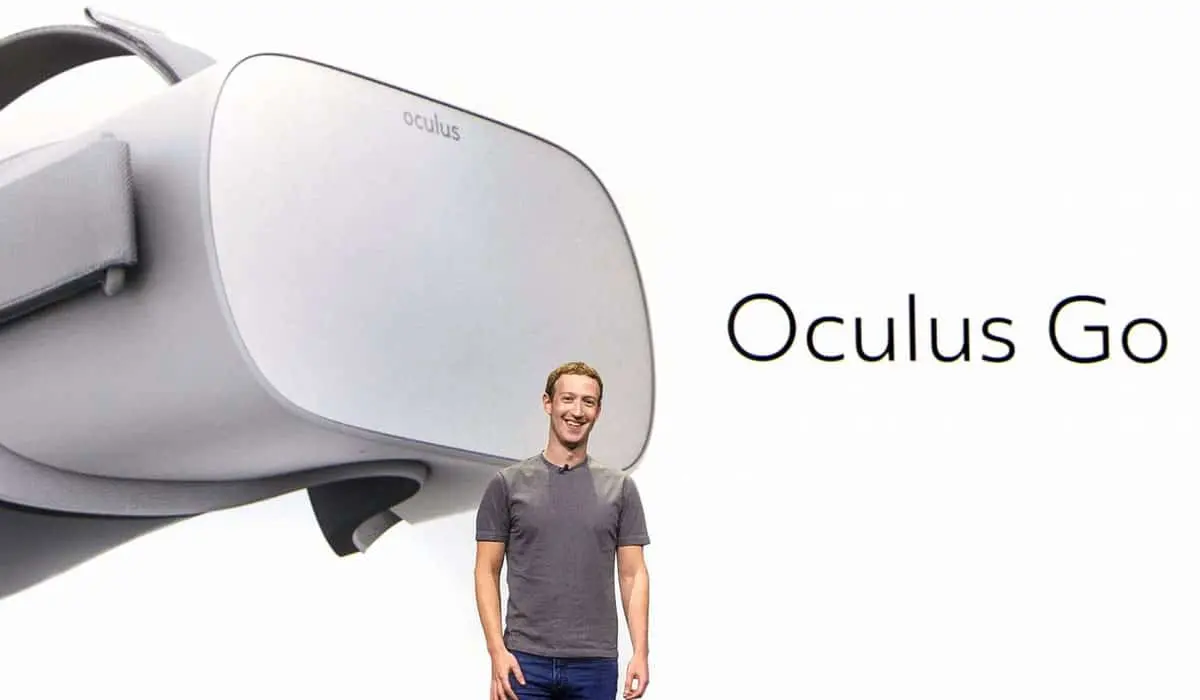
The result is a sleek VR headset.
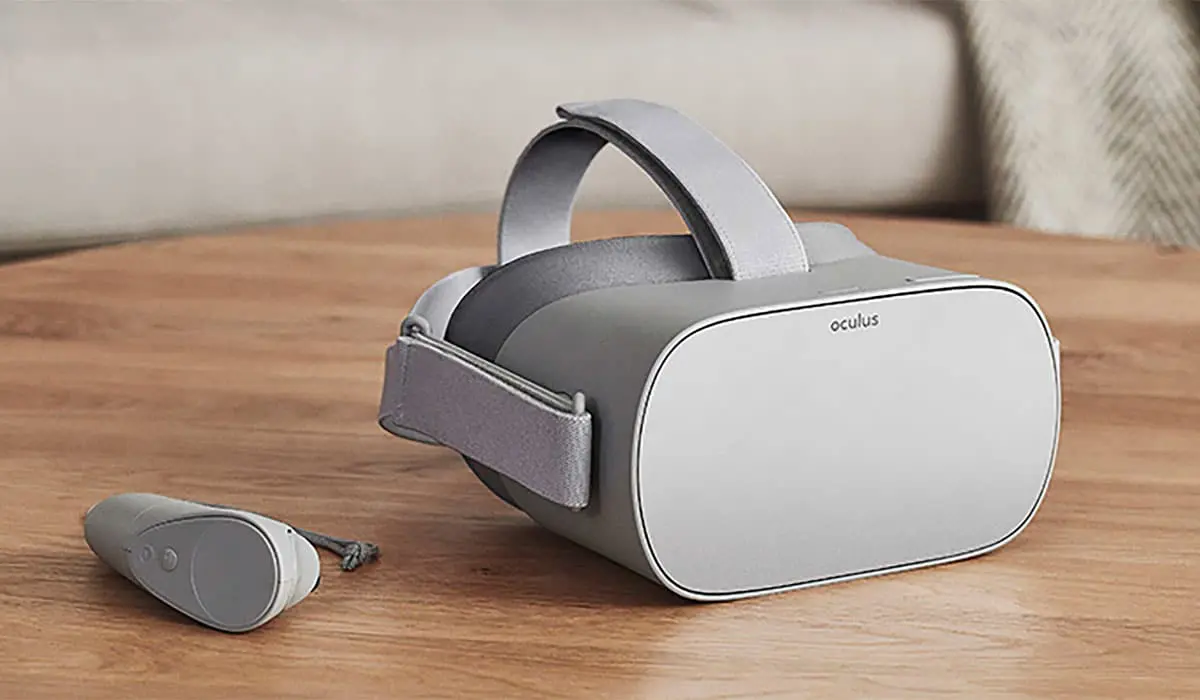
The Future of VR
You can get the $199 headset in early 2018. Developers will get Go kits before then. Oculus hopes this no-strings-attached VR headset is picked up by millions just beginning in VR.
The Oculus Go is not taking pre-orders because the Federal Communications Commission (FCC) has not approved the model yet.
Zuckerberg maintains that his goal is to get one billion people using VR. Mitchell says, “When we were acquired, Mark [Zuckerberg] came out [and said] this is a ten-year journey. We’ve been at Facebook now for three years. Will we get a billion people into VR in the next seven years? I don’t know. It would be awesome. I think it’ll probably take a little bit more than that, but I’m optimistic.”
Have you heard about Neurable, a startup that’s working on giving you mind-control over virtual reality? How about WayRay, the company that wants augmented reality to be mainstream in cars by 2025? The VR/AR industry moves fast. Keep up by checking iReviews often for the latest and greatest in disruptive news and reviews.





